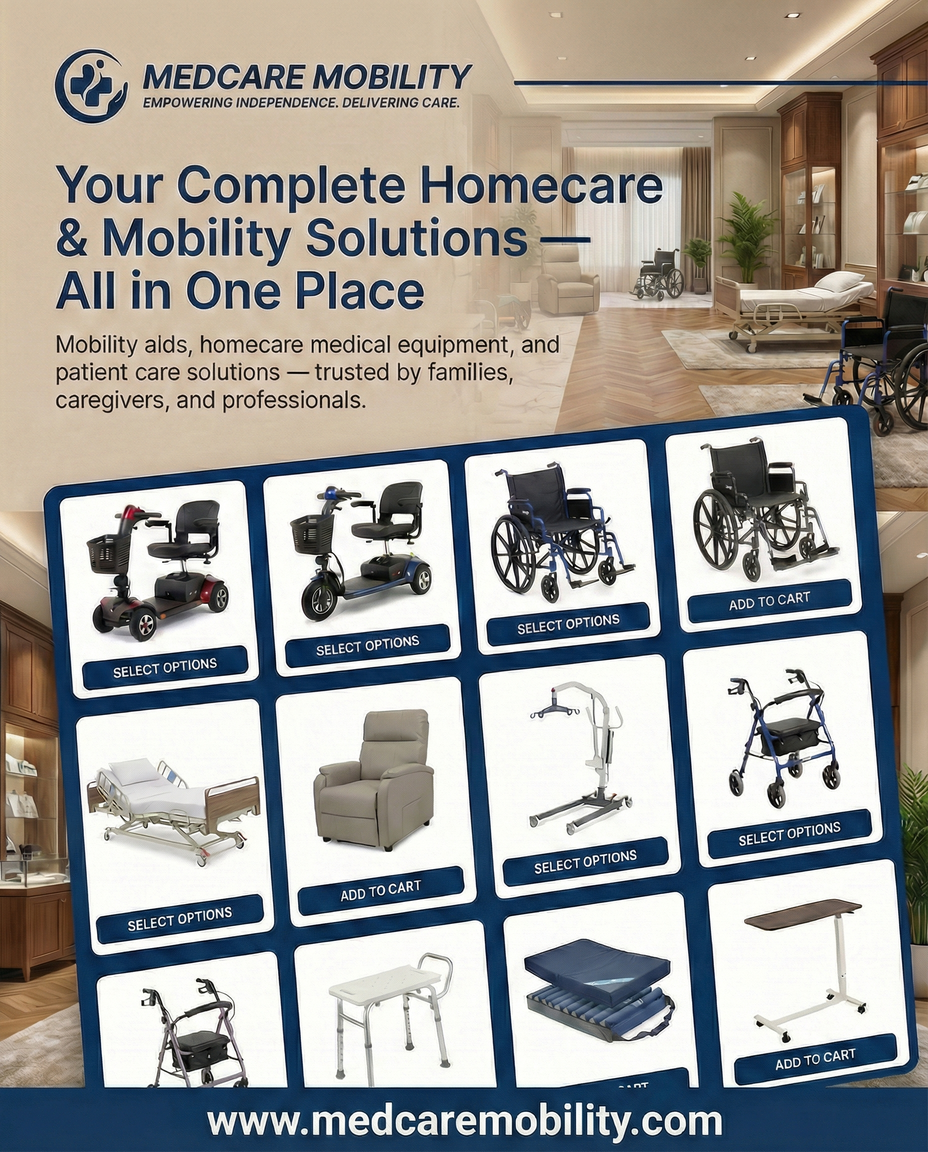As the global population ages, ensuring that older adults have access to necessary resources is more critical than ever. From healthcare services to financial assistance and social support networks, a variety of programs and organizations are dedicated to meeting the unique needs of the elderly. This article highlights the essential resources available to older adults, providing a guide to navigate the complexities of aging with dignity and independence.
Healthcare Resources for Older Adults
Access to quality healthcare is paramount for older adults. Medicare, the federal health insurance program for people aged 65 and older, covers a range of medical services, including hospital stays, doctor visits, and prescription drugs. Additionally, Medicaid provides health coverage for low-income seniors, covering long-term care services that Medicare does not.
The Administration for Community Living (ACL) offers programs like the Older Americans Act (OAA), which funds services including meal delivery, in-home care, and transportation for older adults. These services aim to help seniors live independently in their communities for as long as possible. According to the ACL, over 11 million older adults benefit from these services annually. For more information, visit the ACL website.
Financial Assistance for Seniors
Financial stability is a significant concern for many older adults. Social Security remains the most important source of income for most retirees, providing monthly benefits based on lifetime earnings. For those facing financial hardship, the Supplemental Security Income (SSI) program offers additional support, particularly for seniors with limited income and resources.
The National Council on Aging (NCOA) provides a BenefitsCheckUp® tool that helps seniors identify federal, state, and local programs that can assist with health care costs, food, housing, and more. According to the NCOA, more than 2.5 million seniors have used this tool to find programs that save them money. Explore this tool on the NCOA website.
Social Support and Community Engagement
Social isolation is a growing concern among older adults, as it can lead to negative health outcomes, including depression and cognitive decline. Programs like AARP’s Community Connections help seniors stay engaged by connecting them with local events, volunteer opportunities, and social groups. AARP’s Friendly Voices initiative also pairs volunteers with older adults for regular check-in calls, providing much-needed companionship. Learn more at the AARP Community Connections page.
Housing and Long-Term Care Options
As seniors age, housing needs often change. Programs like HUD’s Section 202 Supportive Housing for the Elderly provide affordable housing options with access to supportive services. For those needing more intensive care, nursing homes and assisted living facilities offer specialized services, including 24-hour medical care and help with daily activities. More information can be found on the HUD website.
For those preferring to age in place, the Veterans Administration (VA) offers home care services and grants for home modifications to make living environments safer for elderly veterans. Details are available on the VA website.
Legal and Advocacy Resources
Older adults often require legal assistance to manage wills, estates, and health care decisions. Organizations like Legal Services for the Elderly provide free or low-cost legal help to seniors, ensuring they can navigate complex legal issues. Visit Legal Services for the Elderly for more information.
Advocacy groups such as the National Center on Elder Abuse (NCEA) work to protect seniors from abuse, neglect, and exploitation, offering resources and support for those affected. Access resources on the NCEA website.
Staying Informed and Connected
Staying informed about the latest resources and opportunities is crucial for older adults and their caregivers. Websites like Eldercare Locator, operated by the ACL, provide a searchable database of services available in local communities across the United States. Visit Eldercare Locator to find services near you.
Conclusion
Navigating the array of available resources can be overwhelming, but understanding the options is the first step toward ensuring that older adults receive the care and support they need. From healthcare and financial assistance to social support and legal advocacy, these resources play a vital role in helping seniors lead fulfilling, independent lives. By taking advantage of these programs, older adults and their families can better manage the challenges of aging and enjoy a higher quality of life.

